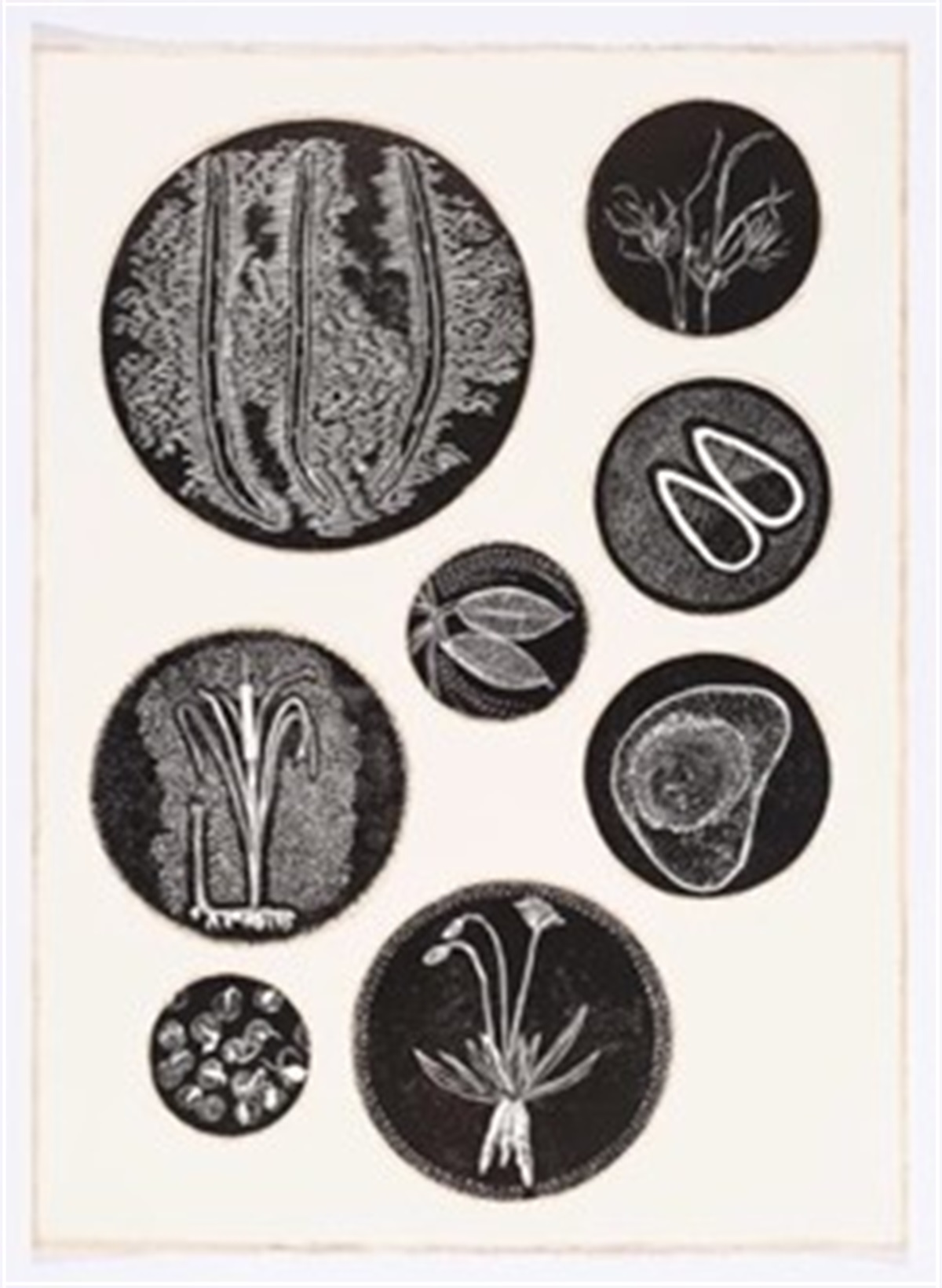Women who experience intimate partner violence (IPV) are also at significant risk of developing poor sexual and reproductive health.
A research team including UNE’s Associate Professor Suzie Cosh has identified a strong association between IPV exposure and sexually transmitted diseases (STIs), endometriosis, infertility, pregnancy terminations and miscarriage. And the more sustained and prolonged the exposure, the higher the risk.
This puts healthcare professionals on the frontline of prevention and support, and highlights the need for education and routine health screening.
“This is a sensitive subject, but health care professionals working with women who have diagnosed sexual and reproductive issues could also be inquiring about IPV,” Assoc. Prof. Cosh says. “Likewise, women who are exposed to IPV need to undergo assessments to help protect their health.”
“This is a sensitive subject, but health care professionals working with women who have diagnosed sexual and reproductive issues could also be inquiring about IPV.
The research drew on data from some 15,820 women contributing to the Australian Longitudinal Study on Women’s Health (ALSWH), which has regularly surveyed women on a range of health and wellbeing issues. Using two cohorts born from 1973-78 and 1989-95, the research team found consistent links between IPV and poor sexual and reproductive health, regardless of age, and despite younger women living in an era of reduced stigma and having access to improved preventative healthcare.
IPV is estimated to affect about one-third of women worldwide and women are up to three times more likely than men to experience it. First Nations women, those aged 18-34, women with a disability, women from linguistically and culturally diverse backgrounds, and sexual minority women are most at risk. In fact, the researchers discovered that women identifying as bisexual were nearly three times more likely to report IPV than women in heterosexual relationships.
The heightened risks of physical and psychological trauma and injury, culminating in some cases in death, have been well documented among those experiencing IPV. These include fractures, cardiovascular disease and hypertension, eating disorders, gastrointestinal problems, depression, post-traumatic stress disorder and suicidality. Women in violent relationships are also less able to practice safe sex and make informed reproductive decisions.
This latest research has found that such women are at increased risk of STIs, and pregnancy terminations or miscarriage. Those reporting persistent exposure to IPV are also 36% more likely to suffer endometriosis and three times more likely to experience infertility.
“It can be difficult for people subjected to IPV to access help; this violence can be insidious and progressively worsen, leaving women trapped in abusive relationships,” Assoc. Prof. Cosh said. “Seeing a healthcare professional may be a rare opportunity to broach the subject of IPV and to have conversations about systemic and repeated patterns of violence.
It can be difficult for people subjected to IPV to access help; this violence can be insidious and progressively worsen, leaving women trapped in abusive relationships.
“Professionals working in women’s health, sexual health, maternity care and general practice are encouraged to consider why women are presenting with these health problems and to assess for IPV. Improved education and training for them can help enable the open dialogue that is so crucial to avoiding catastrophic outcomes.”
Improved education and training for them can help enable the open dialogue that is so crucial to avoiding catastrophic outcomes.
Affording women who might have previously been denied it timely access to healthcare is the primary objective. However, there are economic advantages, too. “The out-of-hospital healthcare costs for women persistently exposed to IPV are 20-40% higher than women who have not been exposed,” Assoc. Prof. Cosh said.







